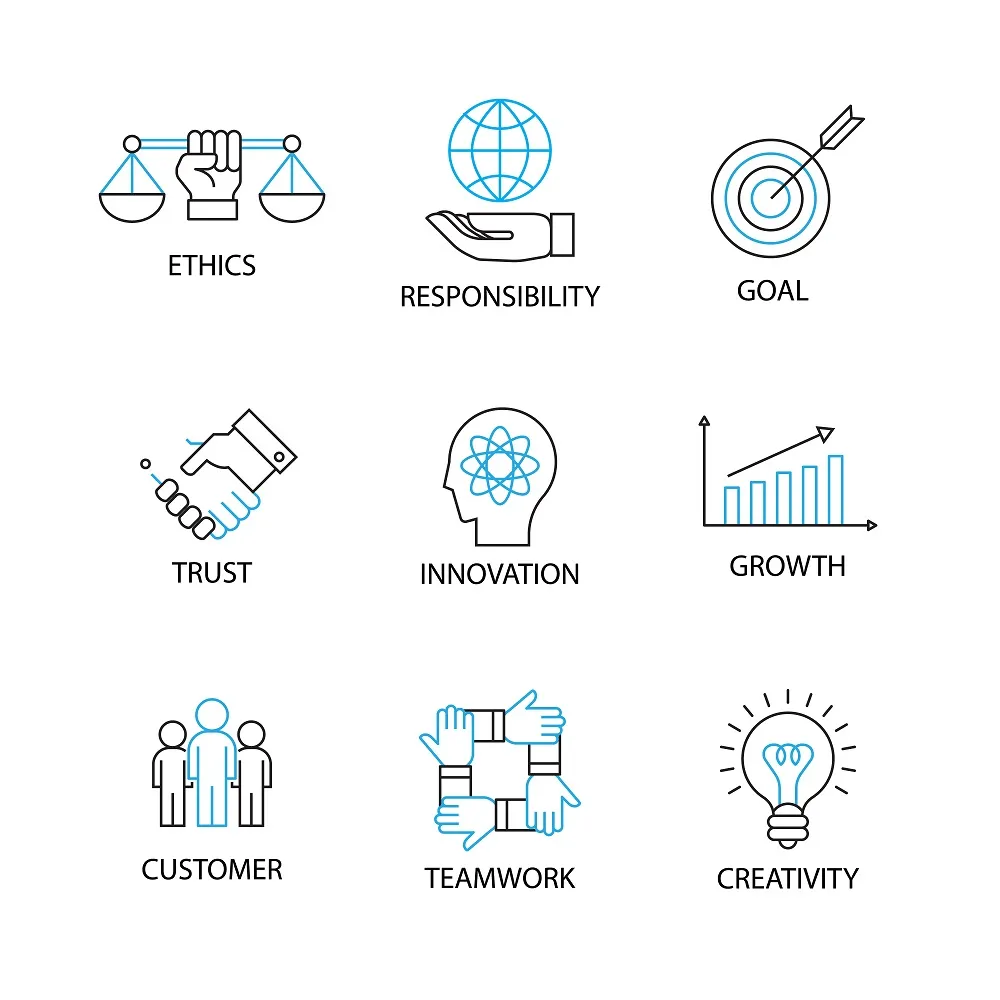This topic examines the ethical considerations surrounding the development and use of technology, such as privacy, surveillance, cybersecurity, and data collection.
The rapid advancement of technology has brought about unprecedented opportunities and benefits, but it has also raised several ethical considerations that must be addressed.

The use of technology has created new ethical dilemmas that challenge our values, beliefs, and principles. Issues such as privacy, surveillance, cybersecurity, and data collection have become increasingly relevant in today’s society. In this article, we will explore the ethics of technology and the challenges it poses.
Technology often threatens the fundamental right of privacy. The internet and social media have made it easier than ever before to collect, store, and share personal data.
Commercial, political, or criminal purposes can exploit detailed profiles created from this data. The ethical challenge of tech lies in balancing the benefits of data collection with the protection of privacy.
It is crucial to develop regulations and guidelines that safeguard personal information while still allowing for the advancement of technology.
Surveillance is another ethical issue that arises from the use of technology. Surveillance can maintain law and order but can also infringe on civil liberties and violate privacy.
The use of surveillance technologies such as CCTV cameras, facial recognition, and tracking devices has increased significantly in recent years. The ethical challenge of tech lies in balancing the benefits of surveillance with the protection of civil liberties.
Developing regulations and guidelines is crucial to ensuring responsible and ethical use of surveillance technologies.
Cybersecurity is an essential component of the ethical use of technology. The internet and other digital technologies are vulnerable to cyber-attacks, which can result in the theft of personal information, financial data, and intellectual property.
The ethical challenge of tech lies in developing effective cybersecurity measures that protect against cyber-attacks while still allowing for the advancement of tech. This requires a collaborative effort between tech companies, governments, and consumers to ensure that cybersecurity remains a top priority.
Data collection is an ethical issue that arises from the use of tech. The collection of personal data has become an essential part of modern business, but it also raises concerns about privacy and consent.
Ensuring ethical data collection with informed consent is the ethical challenge of technology. Developing regulations and guidelines is crucial to ensuring responsible and transparent data collection.
Addressing technology’s ethical challenges demands proactive collaboration among stakeholders like tech companies, policymakers, and consumers.
Technology companies must consider the ethical implications of their products and services in their development and use.
Policymakers need regulations to protect privacy, civil liberties, and cybersecurity while advancing technology. Consumers must inform themselves about the ethical implications of tech and empower themselves to make informed decisions about its use.
One of the key ethical considerations in tech is the responsibility of tech companies. Technology companies must ensure they design and use their products and services ethically.
They must consider the potential impacts of their products and services on privacy, civil liberties, and cybersecurity. Companies must also ensure transparency about their data collection practices and provide clear information about how personal data is used.
Another ethical consideration in technology is the role of policymakers. Policymakers must develop regulations and guidelines to protect privacy, civil liberties, and cybersecurity while advancing technology.
They must also ensure that technology companies adhere to ethical standards and hold them accountable for any unethical practices.
Finally, consumers also have a role to play in the ethical use of technology. Consumers must inform themselves about the ethical implications of tech and empower themselves to make informed decisions about its use.
Education and awareness-raising about technology’s risks and benefits. Along with providing consumers tools to protect their privacy and security, are necessary. 온라인카지노사이트

